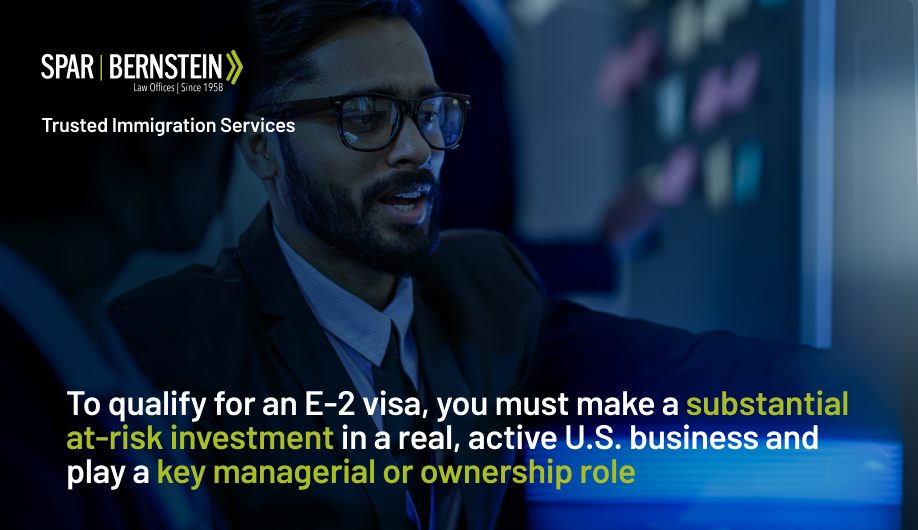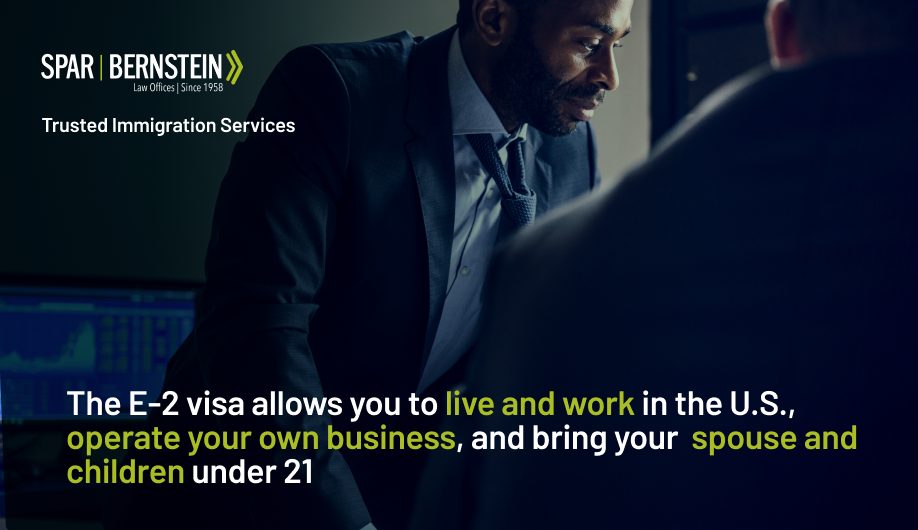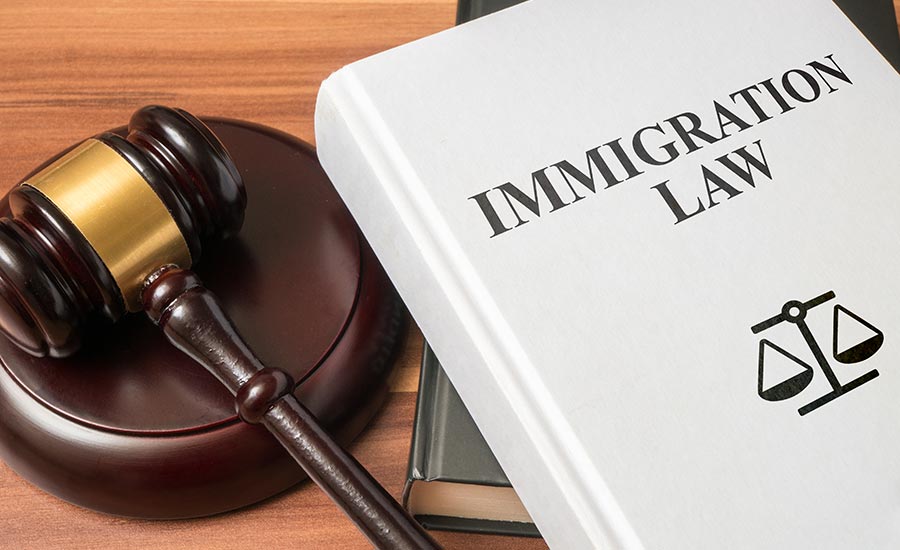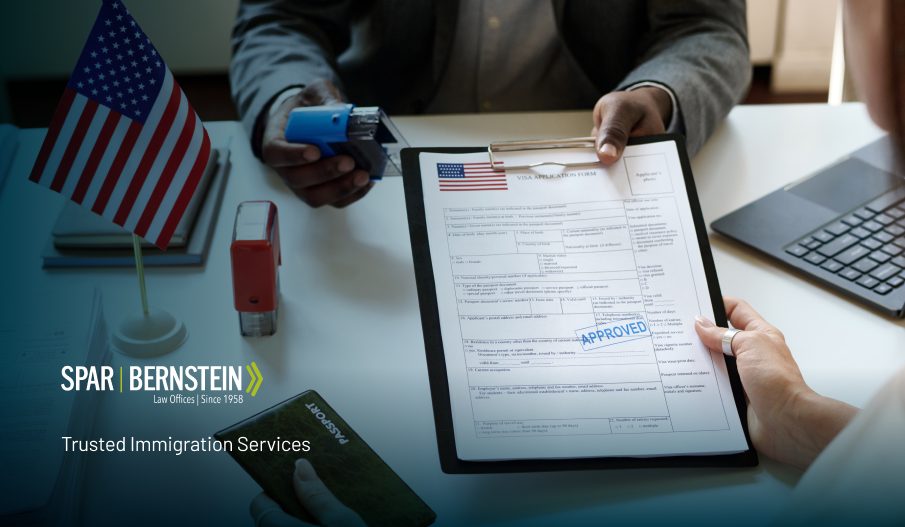

E-2 Visa: Key Takeaways
- The E-2 treaty investor visa allows entrepreneurs from eligible countries to live and work in the U.S. after investing in a bona fide business that they own or manage
- To qualify, you must be a national of a treaty country, invest a substantial amount of lawful funds, and work in a managerial or executive role
- To apply for an E-2 visa, collect the required documents, complete the forms, and attend a visa interview
- Although it shares similarities with the E-1 treaty trader visa, the E-2 differs in several important ways
If you’re an entrepreneur dreaming of launching your business in the United States, the E-2 visa might be just what will work for you.
In this guide, we’ll cover:
- What the E-2 investor visa is
- Who is eligible to apply and what the key requirements are
- How to apply for an E-2 visa
- E-2 visa timeline
- The main benefits and limitations of the E-2 visa
- The difference between the E-1 and E-2 visas
E-2 Visa Explained
If you are an entrepreneur looking to live and work in the United States, you may be able to apply for an E-2 treaty investor visa.
As a nonimmigrant visa, the E-2 does not lead directly to a Green Card. However, it provides a long-term opportunity to start a new business or expand an existing one while residing legally in the U.S.
Who Is Eligible For The E-2 Visa?
Before you dive into the E-2 process, check whether your country has a valid treaty of commerce and navigation with the U.S. That is the initial requirement for the E-2 visa.
In addition, you must:
- Have made (or are in the process of making) a substantial investment in a bona fide enterprise.
- Own at least 50% of the enterprise or hold a key managerial or executive role.
- Prove that the investment funds come from a lawful source.
E-2 Visa Requirements & Investment Criteria
Applying for the E-2 visa means more than putting money into a business. Your investment should meet a few key criteria if you want your application to stand a chance.
Substantial Investment
While you are not obliged to commit to a fixed dollar amount, your investment must be enough to start or grow a business that can succeed and support jobs.
The threshold varies by industry, but it’s common for E-2 investors to contribute $100,000 to $300,000 or more.
Your Business Must Be Real & Active
You must invest in an active, for-profit business. Owning undeveloped land or simply holding stocks doesn’t make you eligible for an E-2 visa.
Your Funds Must Be At Risk
Your capital must be subject to potential loss if the venture fails.
Marginality Rule
You cannot establish a business to support yourself and your family only. The investment should have the capacity to create jobs or contribute to the U.S. economy over time.

E-2 Visa Application Process
The application process will differ depending on whether you’re applying from within the U.S. or from your home country.
However, there are common steps you can expect.
1. Prepare Documentation
Start by organizing your paperwork, from your passport to a solid business plan with job projections, bank records, contracts, and invoices.
You will also need to submit organizational documents such as Limited Liability Company filings or an Employer identification Number letter.
2. Complete Required Forms
If you are already in the U.S. on another valid visa, file Form I-129, Petition for a Nonimmigrant Worker to request a change of status to E-2.
If you are applying from outside the U.S., file Form DS-160, Online Nonimmigrant Visa Application, along with Form DS-156E, Treaty Trader/Investor Application.
3. Schedule & Attend Your Visa Interview
At the visa interview, be ready to discuss your role, the business operations of your company, and your investment. You may also need to provide biometric data.
E-2 Visa Processing Time
The E-2 visa timeline can vary depending on whether you’re applying from within or outside the United States as well as the USCIS service center or Embassy workload in your country.
Here’s what to expect:
Processing Form I-129 currently takes 9.5 months.
You can speed up the process by filing for premium processing. To do that, use Form I-907, Request for Premium Processing Service, which guarantees a response in 15 calendar days.
Processing your E-2 treaty investor visa application when applying from your home country typically takes from four to eight months.
Once your E-2 visa is approved, you may initially stay in the U.S. for up to two years. You may then request an extension of up to two years at a time to continue your stay.
Benefits & Limitations Of The E-2 Investor Visa
The E-2 visa can be an excellent opportunity for entrepreneurs and investors. However, along with its advantages, it comes with certain drawbacks.
E-2 Treaty Investor Visa Benefits
- Live and work in the U.S. while managing your business.
- Bring your spouse and unmarried children under 21.
- Your spouse may apply for a work permit.
- There is no annual cap for E-2 visas.
- You can renew your E-2 multiple times provided you maintain the required conditions.
E-2 Treaty Investor Visa Limitations
- Only available to nationals of treaty countries.
- No direct path to a Green Card – but you may transition via EB-5, EB-2 NIW, or family sponsorship.
- Investment must remain at risk, and if your business fails, you must leave the country.
Keep in mind that once your children turn 21, they’ll no longer be eligible for the visa benefits and will need to switch to another immigration visa category to remain in the U.S.

E-1 vs. E-2 Visa: What’s The Difference?
Both the E-1 treaty trader visa and the E-2 treaty investor visa fall under the same treaty-based category and share certain similarities.
For example, both visa types allow you to live and work in the U.S., bring your spouse and children under 21 to the United States, and renew them as long as you meet the visa conditions.
However, several key points set them apart.
Purpose
The E-1 visa is for individuals who make substantial international trade between their home countries and the United States. Trade may include goods, services, or technology.
The E-2 visa is for people who invest a substantial amount of capital in a U.S. business to develop and direct its operations.
Eligibility Focus
E-1 visa applicants must show that at least 50% of the company’s trade is conducted between the U.S. and the treaty country.
E-2 visa applicant must prove substantial investment funds, business at risk, and commitment to a bona fide enterprise.
Type Of Business
The E-1 visa is a good fit for trading companies working with physical goods or providing services between two countries.
The E-2 visa is recommended for entrepreneurs and investors starting or acquiring a U.S.-based business such as a restaurant, franchise, or tech startup.
Considering An E-2 Investor Visa? Let Spar & Bernstein Help
If you’re looking for ways to bring your business vision to the U.S., the E-2 treaty investor visa may be exactly what you need.
At Spar & Bernstein, our experienced and compassionate immigration attorneys have helped thousands of clients navigate the E-2 visa process, from determining eligibility to filling out forms and giving you tips about visa interview preparation.
Schedule a consultation and find out how we can help you build your business and establish a new life in the United States.
E-2 Visa: Frequently Asked Questions
Can I apply for a Green Card while on an E-2 visa?
Not directly. The E-2 is a nonimmigrant visa and does not allow dual intent. However, you may transition to a Green Card through investment (EB-5 visa), employment-based sponsorship, or family petitions.
Can I work for another company while on an E-2 visa?
No, your work authorization is linked to your E-2 business. You cannot accept outside employment.
Can I travel internationally on an E-2 visa?
Yes, as an E-2 visa holder, you can travel in and out of the U.S. while your visa is valid.
How much money do I need to invest?
There’s no hard minimum, but our experience shows that putting in somewhere from $100K to $300K usually gets the ball rolling.
Can I start a new business or buy an existing one with an E-2 visa?
Yes, you can start a new enterprise from scratch or invest in an existing U.S. business. In both cases, your investment must be substantial, and you must show that the business is operational and bringing profit.
What type of business qualifies for the E-2 visa?
You can invest in any legitimate, for-profit business: service companies, restaurants, tech startups, and franchises. All you need to ensure is that it meets the E-2 requirements and contributes to the U.S. economy.







